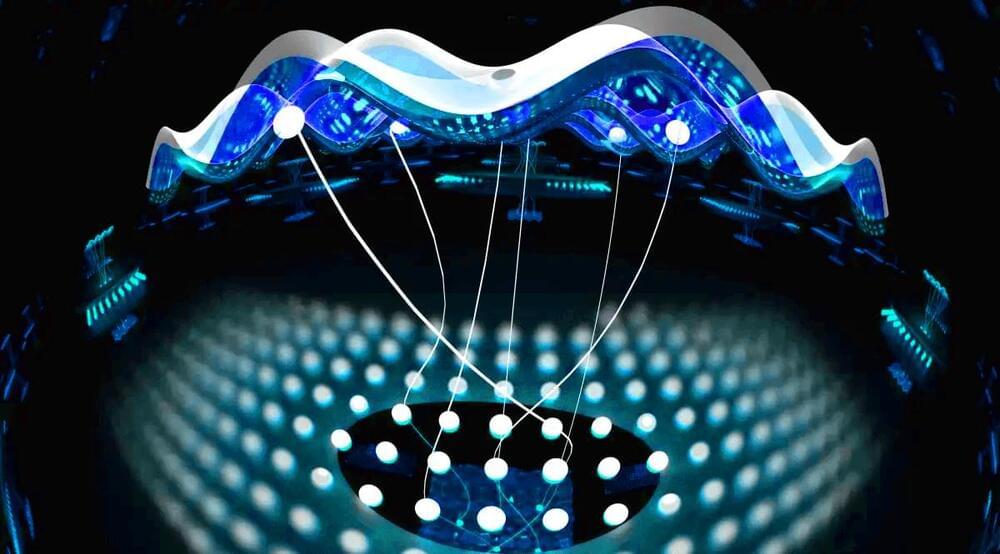Currently, computing technologies are rapidly evolving and reshaping how we imagine the future. Quantum computing is taking its first toddling steps toward delivering practical results that promise unprecedented abilities. Meanwhile, artificial intelligence remains in public conversation as it’s used for everything from writing business emails to generating bespoke images or songs from text prompts to producing deep fakes.
Some physicists are exploring the opportunities that arise when the power of machine learning — a widely used approach in AI research—is brought to bear on quantum physics. Machine learning may accelerate quantum research and provide insights into quantum technologies, and quantum phenomena present formidable challenges that researchers can use to test the bounds of machine learning.
When studying quantum physics or its applications (including the development of quantum computers), researchers often rely on a detailed description of many interacting quantum particles. But the very features that make quantum computing potentially powerful also make quantum systems difficult to describe using current computers. In some instances, machine learning has produced descriptions that capture the most significant features of quantum systems while ignoring less relevant details—efficiently providing useful approximations.
